To get the most from your run, it is essential to include a focused cool-down period afterward. The transition from work to rest and the beginning of the healing process are the two core goals of a cool down. The best time is after a challenging exercise or lengthy jog, but they are consistently helpful after almost any run. The main things you want to accomplish during your cool-down are to gradually lower your heart rate and stretch out your muscles. Among other benefits, we'll explain to you everything that a cool-down has to offer, and how you can start as soon as your next run.
Why Should You Cool Down?
There are several reasons why you should try cool-down practices after every run. It's important to slow your body down and acclimate your muscles to simpler and slower movements so you can retain all the benefits from the run you've just made and be ready for the next one. It could also potentially recover your cardiovascular and respiratory systems quicker. Here are some of the clear benefits that a cool-down can offer you:
· Cool-downs Can Prevent Injury
Runners often face the risk of straining, spraining, or even tearing their muscles after a strenuous run. A cool-down will release the tension your muscles have endured during a run, elongating muscle fibers and reducing the risk of injury. Without a cool-down, some of the benefits of a run can be lost and it slows down muscle recovery. If you aren't performing at peak health by the next run, you could suffer an injury.
· Slow and Normalize Your Heart Rate
A long or intensive run will put some amount of stress on your heart. You want your heart rate to gradually return to normal towards the end of your running workout, especially if you've run for a prolonged time. You can prevent dizziness or a fainting sensation in your body by finishing your run slowly and cooling your body temperature down over a few minutes. A brief walk after a run is an effective way to slow your heart rate down.
· Stabilize Blood Flow
Stopping suddenly after a run can cause your blood pressure to drop quickly because your immediate prior exercise required a heavy amount of blood flow. Should your blood pressure drop suddenly, you run the risk of feeling light-headed or fainting altogether. Ensure your cool-down lasts around five to ten minutes, depending on how long you've been running, so your blood has a chance to catch up with your body.
· Flush Out Lactic Acid
Lactic acid builds up as you run, especially while doing movements with a higher intensity. A high build-up of lactic acid can lead to muscle stiffness or cramping. You can assist your body in gradually reducing lactic acid by engaging in a brief and focused recovery cool-down. If your cool-down is an intermittent one with plans to continue running after, reducing the lactic acid in your body will help you when you start again.
· Relax Your Brain and Body
Exercise benefits the mind just as much as it does the body. The brain starts to release dopamine and serotonin, which are two hormones that improve our motivation and mood, respectively. The more motivated and better you feel after a run, the more you'll want to stick to a routine. As your body starts to slow down, so will your mind. Take this cool-down period to briefly reflect on your accomplishment, review your performance, and note how you'll apply what you've learned on this run for your next one.
Cool-down Techniques
Like a pre-run stretch, there are small practices and exercises you can do after a run to maintain muscle flexibility and restore a normal heart and breathing rate. Try these techniques to boost your cool down's effects:
· Take a Walk
A quick walk after your run is a way to slow down without stopping your body entirely. As you walk, your heart rate and blood flow will naturally slow. It's an enjoyable cool-down method that helps your body and mind unwind.
· Stretch
Simple stretches, such as yoga, foam rolling, and basic wall stretches will relax the body and your mind. It helps to breathe deeply as you stretch and relieve muscle tension.
· Drink Fluids
Drinking water after a run is important because it helps to replenish the fluids that were lost during the run and reduce the risk of dehydration.
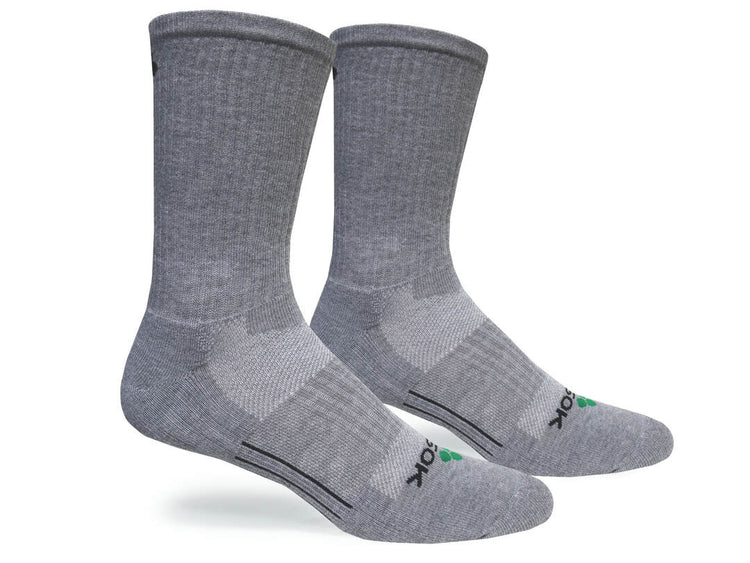
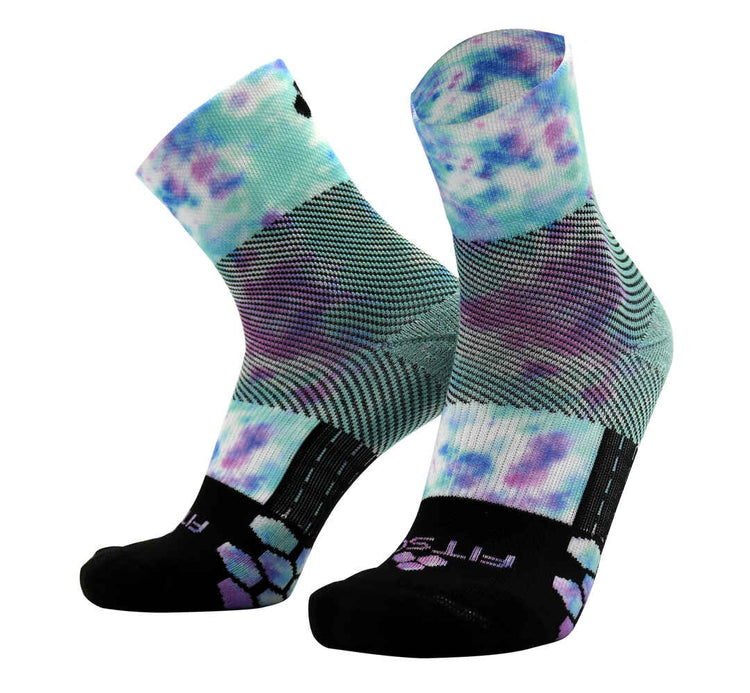
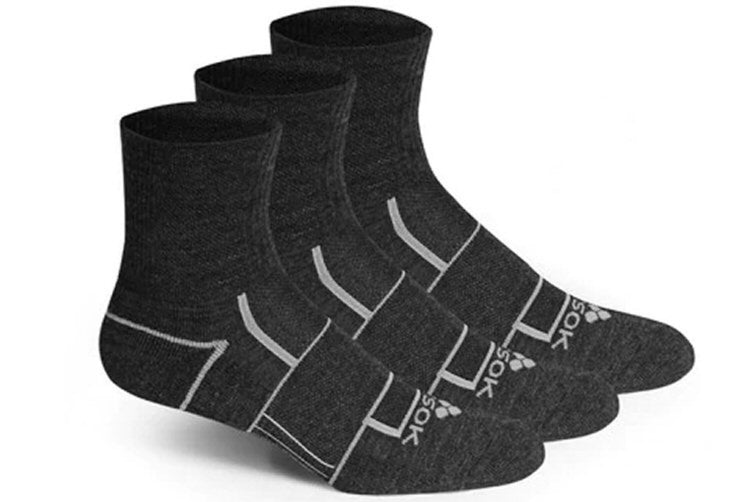


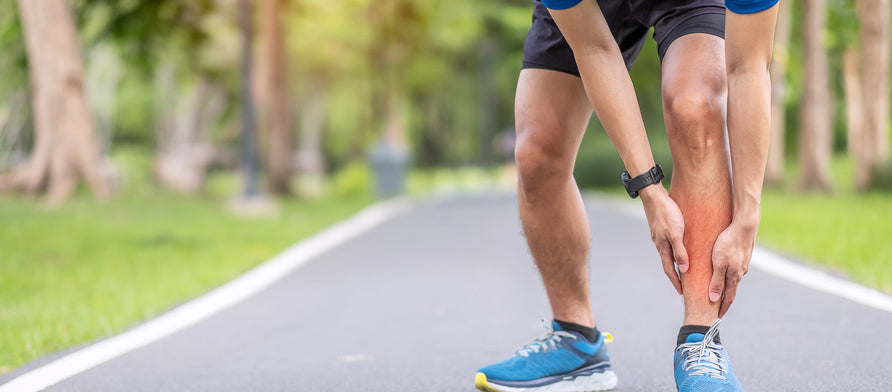
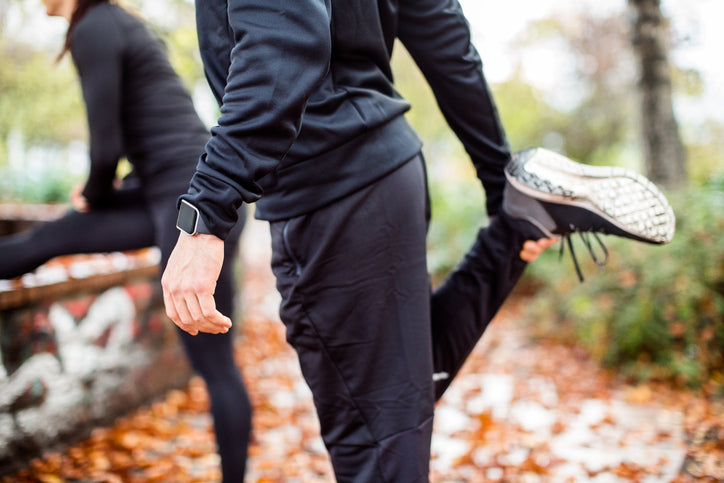
Leave a comment
This site is protected by hCaptcha and the hCaptcha Privacy Policy and Terms of Service apply.